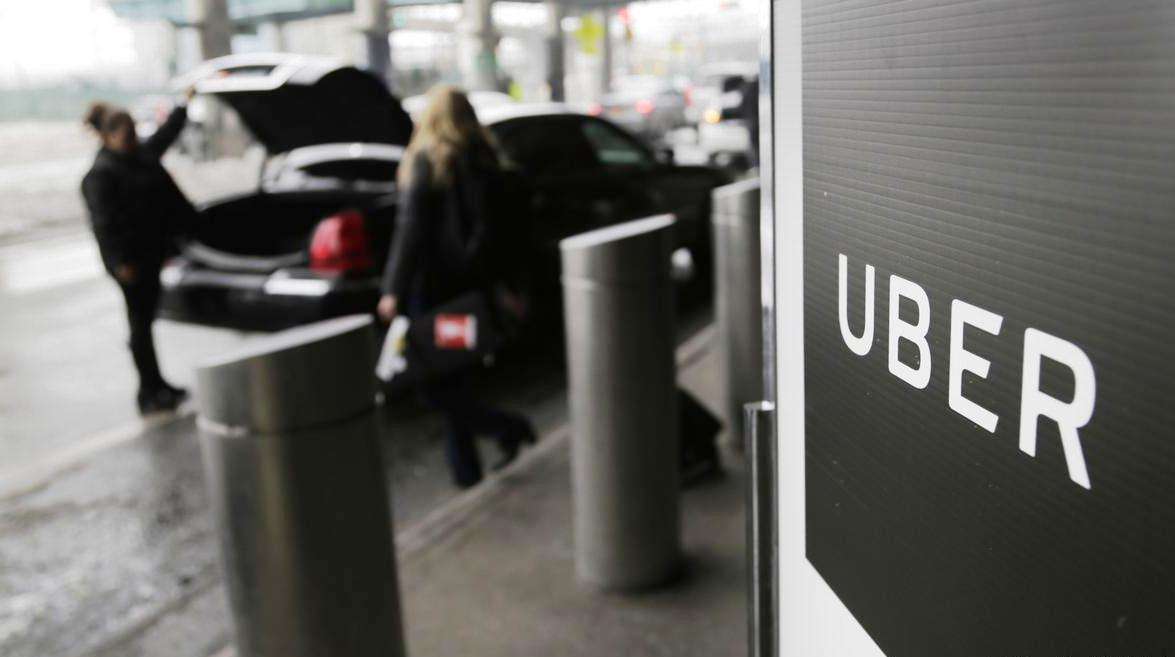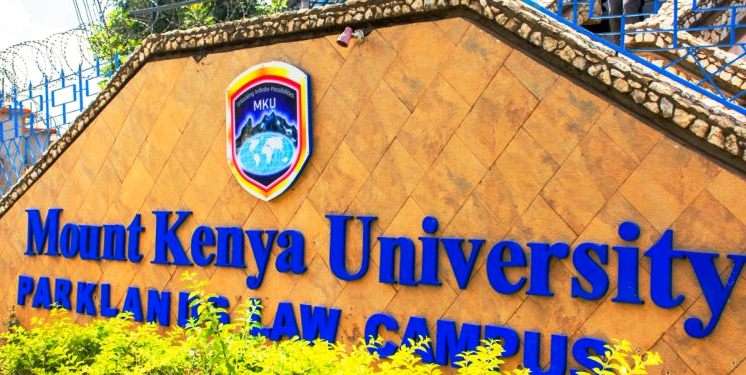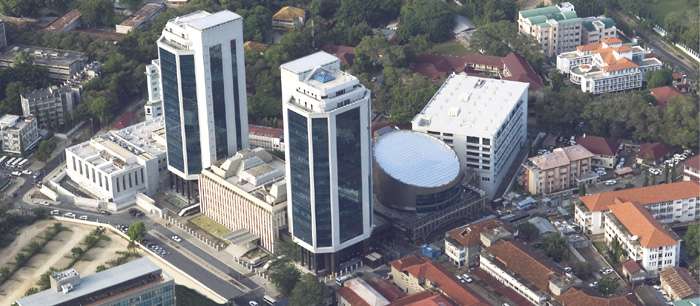The Kenya National Highways Authority (KeNHA) has allocated Ksh 42 million for the beautification of Mombasa Road. KeNHA Director General Eng Kung’u Ndung’u informed senators that Ksh 18 million will be used to enhance the section from James Gichuru Road to the Ole Sereni Hotel, while Ksh 24 million will cover the stretch from Ole Sereni to the Athi River.
Speaking before the Senate Committee on Cohesion, chaired by Marsabit Senator Mohammed Chute, Eng. Kung’u explained that the beautification effort is expected to be completed within three months, concluding by December. He emphasized KeNHA’s commitment to transforming the appearance of Mombasa Road, saying, “We are ready to change the way Mombasa Road looks to make it more beautiful.”
He further explained that contractors had initially focused on road renovations, particularly the University of Nairobi underpass and drainage systems in Imara Daima, before shifting attention to landscaping and cleaning. “We will certainly carry out the beautification, and we expect to conclude this by December,” he added.
His remarks were in response to Tharaka Nithi Senator Mwenda Gataya, who raised concerns about the lack of landscaping on Mombasa Road, particularly as it serves as a key route for tourists. Senator Gataya also inquired about the total cost allocated for the beautification project, highlighting the need for the road to reflect well on KeNHA.
These comments follow KeNHA’s completion of renovations on the University of Nairobi tunnel, which had been neglected. Regarding employment opportunities, Kung’u noted that KeNHA awarded 173 tenders worth Ksh 1.7 billion to women, youth, and persons with disabilities (PWDs) in the 2023/2024 financial year and 174 tenders valued at Ksh 3.6 billion in the previous financial year.
He explained that the agency reserves 30% of its procurement budget for these disadvantaged groups but admitted facing challenges due to the technical nature of some projects, which require experienced contractors registered in specific categories. Kung’u said, “At times, meeting the 30% requirement is difficult because many disadvantaged groups are still building their capacity and are not fully registered in the necessary categories.”





